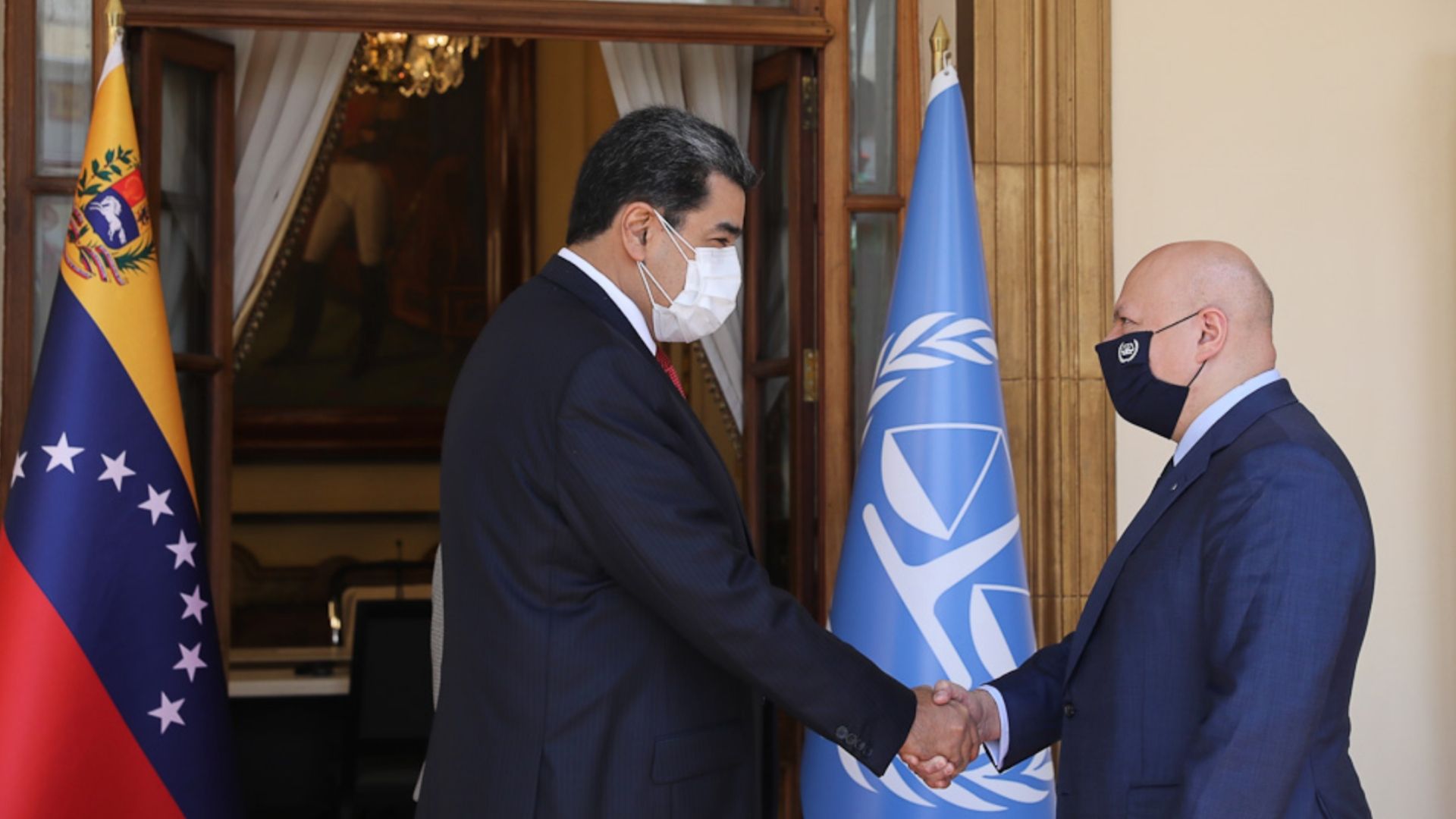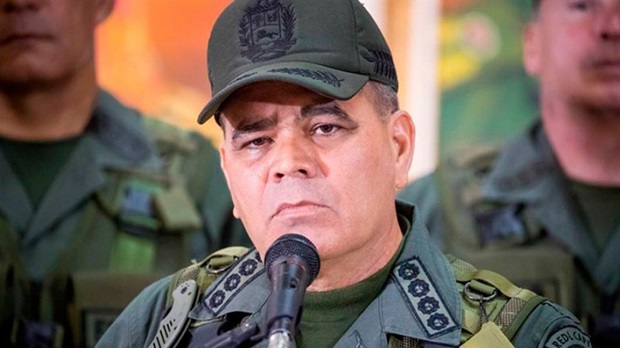The year 2014 was particularly tumultuous for Venezuelan political events: in February, antigovernmental protests were announced throughout the country, which led to 43 fatalities and arbitrary arrests. Zulia didn’t escape this reality, and in this context, a group of lawyers united to document and legally defend the victims of these injustices.
From that moment, the labor of the Comisión para los Derechos Humanos del Estado Zulia (Human Rights Commission of the state of Zulia) (CODHEZ), an organization of civil society dedicated to the advancement and defense of human rights in this region of the country.
Zulia is characterized by being the most populous region of Venezuela, sharing a border with Colombia, and being considerably far from the capital. Conscious of this reality, CODHEZ aims to locally bring about a culture of rights and to promote the decentralization of the human rights movement in Venezuela. We believe in– and work towards– strengthening the leadership of Zulian civil society with the purpose of having our voice heard and influencing the decision-making in the public sphere with a human rights perspective.
Initiatives like the Encuentro por los Derechos Humanos (Meeting for Human Rights) aim to strengthen unity in civil society.
On top of the important connectivity limitations of a Venezuela in the midst of a complex humanitarian crisis, with a non-democratic government that promotes censorship and the progressive disappearance of communication media, in Zulia there are severe restrictions in the supply of electricity, a task assumed by the state in which disinvestment and corruption has been notable. This situation has stopped Venezuela from developing on par with other Latin American countries in terms of new technologies and their use in demanding human rights.
For these reasons, CODHEZ aims to awaken the respect for human rights in the collective conscience through initiatives such as meetings between organizations of civil society, workshops, the Feria de Derechos Humanos (Human Rights Fair), in addition to activities that involve bringing together people around music, theatre, and creative protest parallel to the use of technological resources that are currently available for the people in the region.
For example, in the framework of their investigation about food security in the region, CODHEZ shares through their social media and instant messaging apps ¿Dónde está la Papa? (Where’s the Potato?), a biweekly bulletin in the context of hyperinflation and food scarcity that shares updated information about prices and availability of alimentary products that characterize the diet of Zulians.
To allow citizens to overcome the digital gap and to be included in the global conversation about technological innovation, it is vital that democracy be restored in Venezuela and that the state guarantee an adequate living standard by providing quality public services. This way, organizations of civil society will be able to use these technological resources with the guarantee that the content shared through it will enter public opinion and will be able to influence the political agenda.




